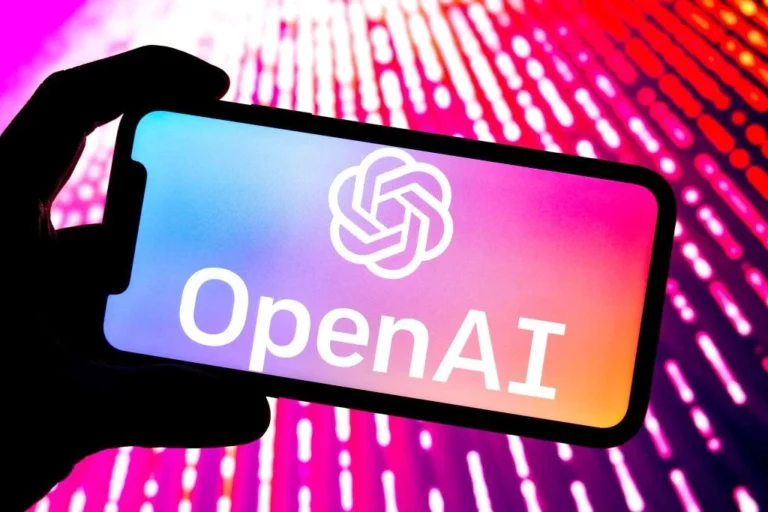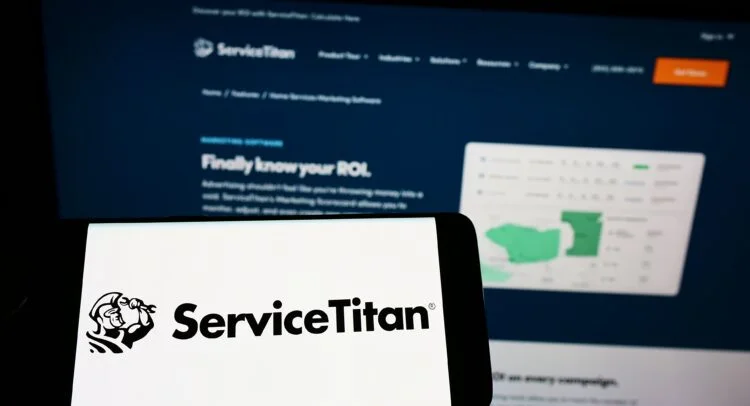Former OpenAI Researcher and Whistleblower, Suchir Balaji, Found Dead at 26
Suchir Balaji, a former researcher at OpenAI, was tragically found dead in his San Francisco apartment recently. Officials have confirmed that the cause of death was suicide. Balaji, who was just 26 years old, had made headlines earlier this year after publicly voicing concerns about OpenAI’s practices related to copyright laws during the development of ChatGPT.
David Serrano Sewell, executive director of San Francisco’s Office of the Chief Medical Examiner, confirmed Balaji’s death, stating, “The manner of death has been determined to be suicide.” His next of kin have been notified.
On November 26, San Francisco Police Department officers conducted a welfare check at an apartment on Buchanan Street. They discovered the deceased adult male inside but found no evidence of foul play, according to the initial investigation.
A Voice of Concern in the AI Industry
Balaji had worked at OpenAI before leaving earlier this year due to ethical concerns. He publicly criticized the company for allegedly violating U.S. copyright laws during the training of its popular chatbot, ChatGPT.
In an October article published by The New York Times, Balaji explained his decision to leave the organization. “If you believe what I believe, you have to just leave the company,” he told the outlet. He expressed fears that AI tools like ChatGPT could undermine the livelihoods of creators whose digital content was used to train these systems.
Balaji believed that AI models trained on copyrighted material risked destroying the economic sustainability of those who originally created such data. His whistleblowing sparked conversations about the ethical implications of AI development and the broader responsibilities of companies like OpenAI.
Family and OpenAI Respond
A family member of Balaji, contacted by a news outlet, requested privacy during this difficult time. OpenAI also released a statement expressing their sorrow: “We are devastated to learn of this incredibly sad news today, and our hearts go out to Suchir’s loved ones during this difficult time.”
Balaji’s death has shed light on the mental health challenges that can arise in high-pressure industries like artificial intelligence, as well as the personal toll of taking a public stand against large organizations.
Legal Challenges Surrounding OpenAI
OpenAI, which developed ChatGPT, is currently entangled in multiple legal disputes with authors, publishers, and artists. The lawsuits allege that OpenAI improperly used copyrighted material to train its AI systems.
In one significant case filed last December, several news organizations sought billions of dollars in damages from OpenAI and its primary backer, Microsoft. These legal battles highlight the growing tension between AI development and intellectual property rights.
Sam Altman, CEO of OpenAI, addressed these concerns during an event earlier this year. He remarked, “We actually don’t need to train on their data. Any one particular training source, it doesn’t move the needle for us that much.” His statement aimed to downplay the dependency of AI systems like ChatGPT on specific datasets but did little to quell the concerns of those suing the company.
Remembering Suchir Balaji
Balaji’s untimely passing is a poignant reminder of the complexities involved in shaping groundbreaking technology and the ethical dilemmas it often brings to the forefront. While his criticisms of OpenAI stirred important debates in the tech industry, his death is a profound loss for those who knew him personally and professionally.
As the AI sector continues to grow, the industry is under increased scrutiny to address issues like copyright infringement, transparency, and mental health support for its employees. Balaji’s legacy may yet inspire meaningful changes in how companies navigate the ethical challenges of innovation.
If you or someone you know is struggling with mental health, resources are available to help. Don’t hesitate to reach out to a trusted organization or hotline for support.






